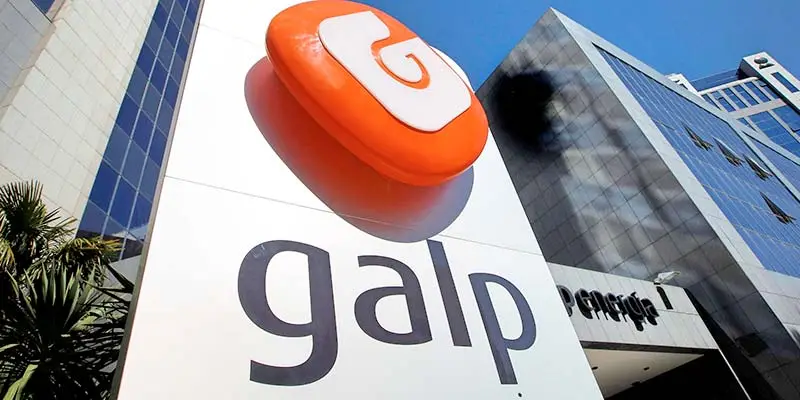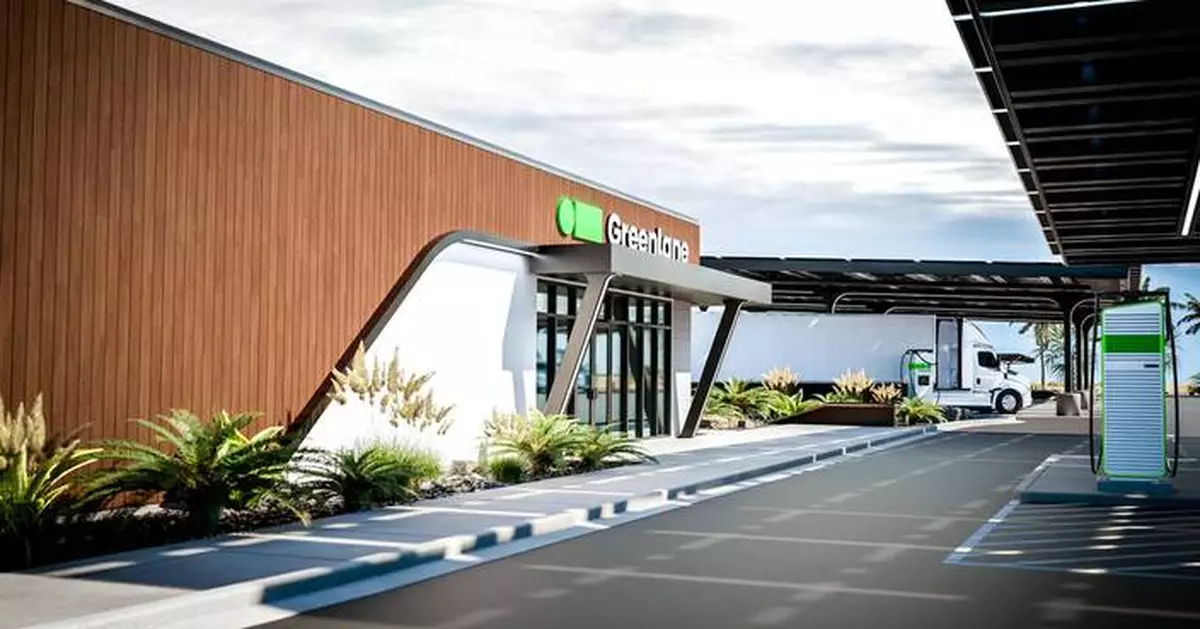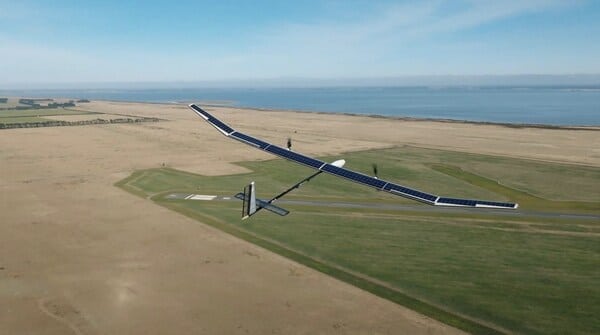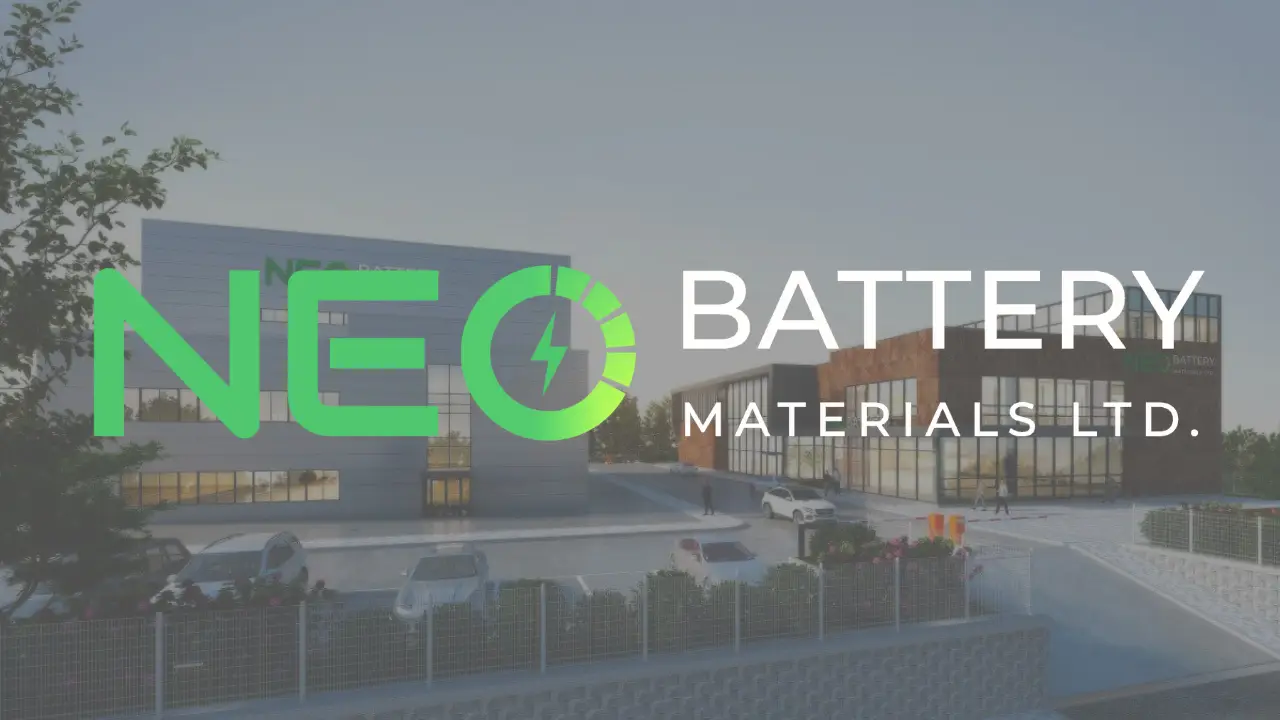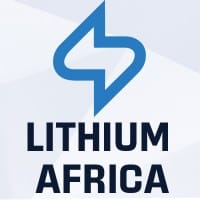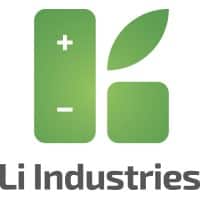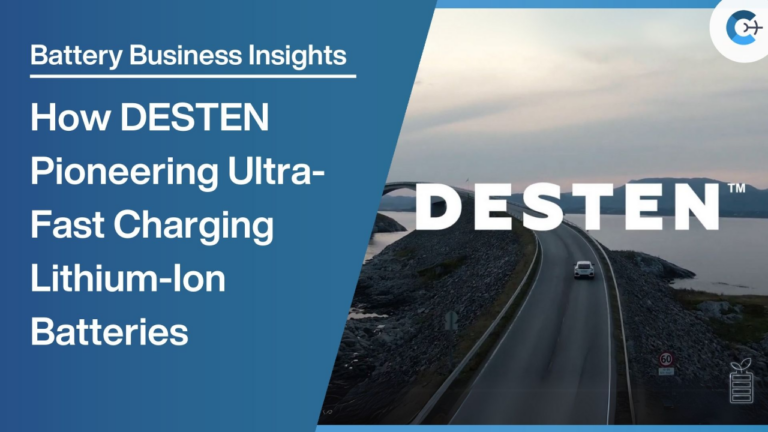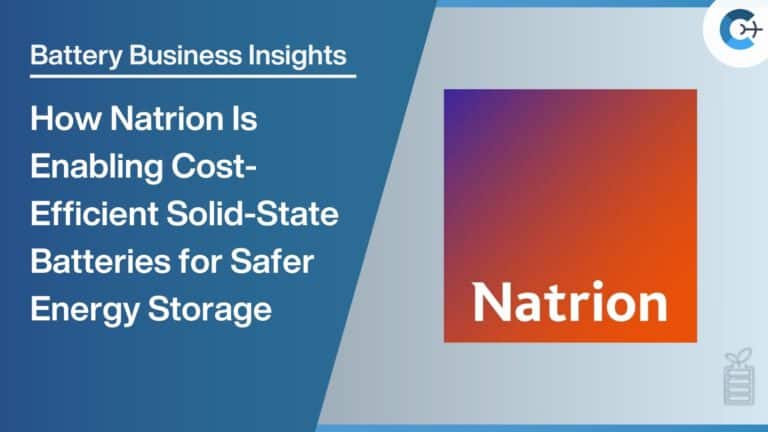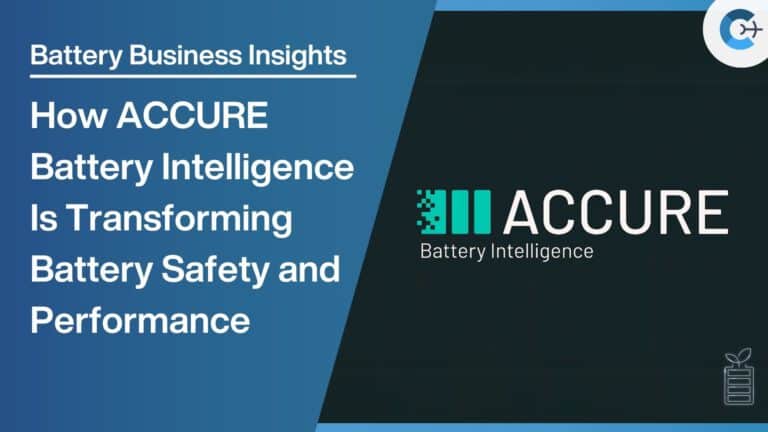In 2021, Galp and Northvolt formed a 50:50 joint venture named Aurora, aiming to construct a lithium conversion facility in Setúbal, Portugal. The plant was projected to produce up to 35,000 tonnes of battery-grade lithium hydroxide annually, with commercial operations expected to commence in 2026.
However, early in 2024, Northvolt announced it would no longer invest in the Aurora project due to worsening financial conditions. Since then, Galp has sought alternative partners but without success. In a press release, Galp stated: “Despite significant efforts, which included assembling a qualified team, conducting engineering studies, preparing licensing processes, and seeking incentives and funding, the current context and the inability to count on an international partner make it impossible to continue with the project.”
Northvolt’s withdrawal is attributed to its financial struggles. The company recently filed for Chapter 11 bankruptcy protection in the United States, and CEO Peter Carlsson resigned. Northvolt has been facing significant challenges, including the cancellation of a multi-billion-dollar order from BMW due to delivery delays caused by production issues. These setbacks, combined with the high costs of scaling up production, have led to a difficult financial situation for the company.
Consequently, Northvolt initiated a strategic review, implemented cost-cutting measures, and reorganized its management board. Industry confidence in Northvolt’s recovery is waning. Scania, a brand under the Traton Group that intended to source all its electric truck battery cells from Northvolt, is reportedly seeking alternative suppliers. Additionally, Northvolt’s major shareholders, Volkswagen and Goldman Sachs, are writing off their investments in the company.
Source: Electrive

